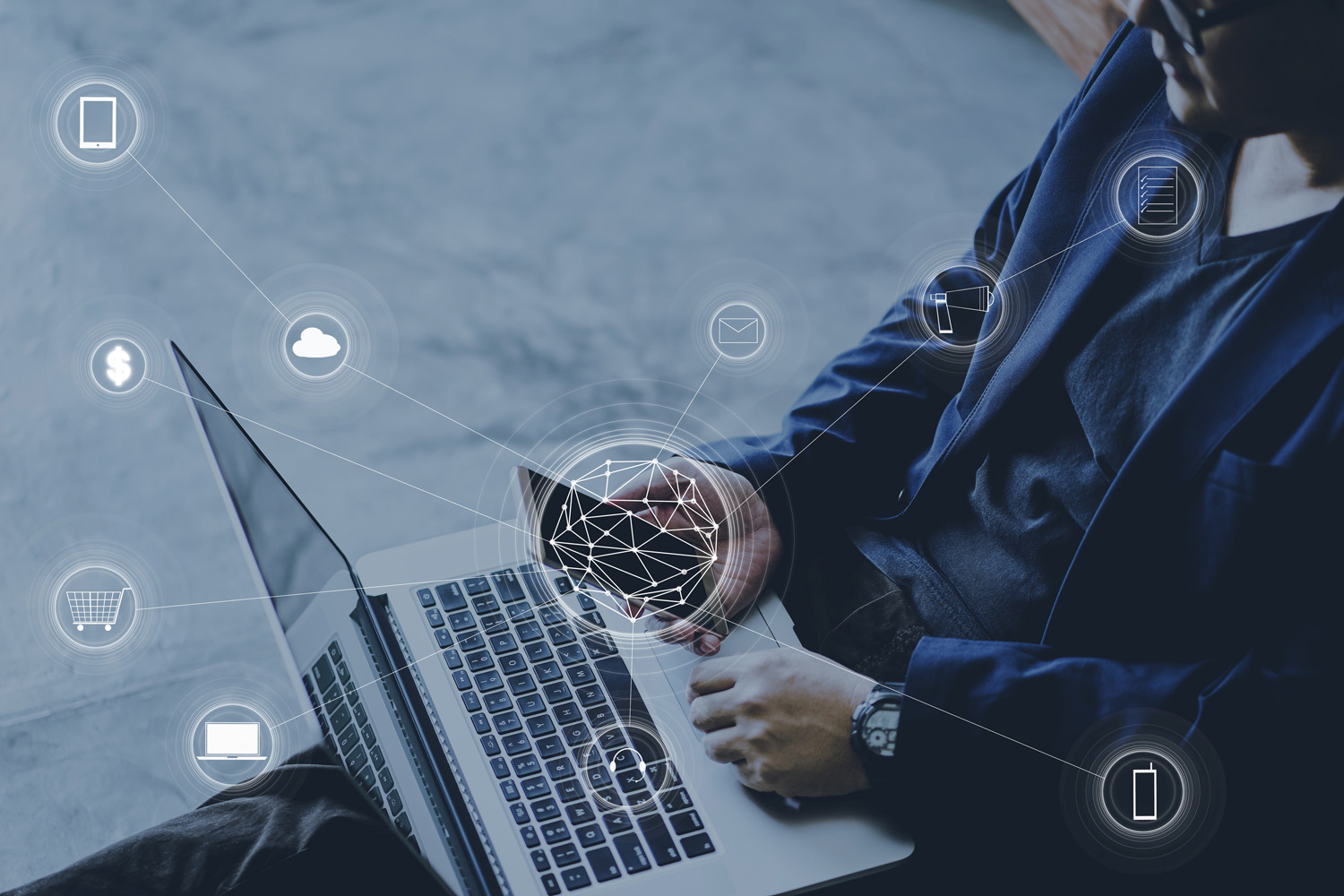This unique code is a way for us to verify your identity and confirm request for changes on your account and with certain higher-risk transactions.
The six-digit code is triggered by the specific transactions listed above. You'll enter it once only and it will be valid for 10 minutes. If you enter an invalid code three times in a row during the same browsing session, your account will be locked out automatically and you will need to contact your home branch.
Remember to never share this OTVC with anyone and we will never contact you to ask for it either.

